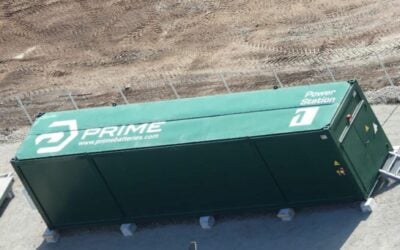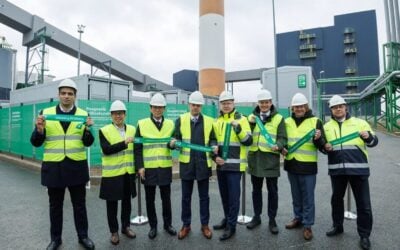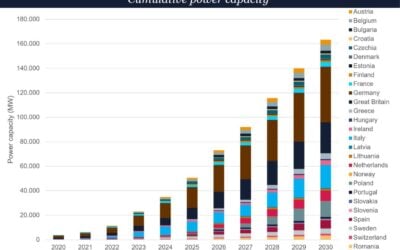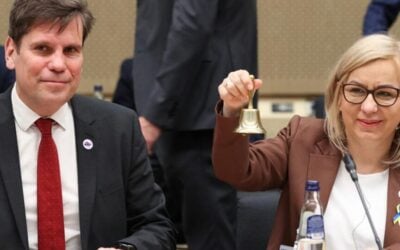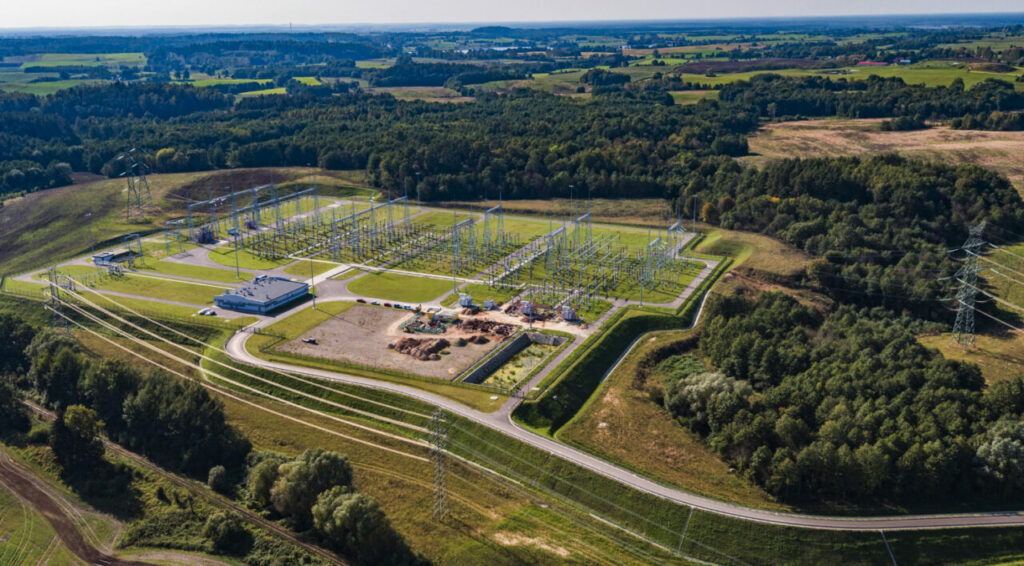
The government of Poland has proposed a de-rating factor for battery energy storage systems (BESS) in the next capacity market auction of 57%, which one developer warned would be a ‘lethal blow’ for 2- and 4-hour projects.
A draft ordinance from 28 May on this year’s procurement, which will have a delivery period starting in 2029, set the de-rating factor for BESS, kinetic-based energy storage and supercapacitors at 57.58%.
Enjoy 12 months of exclusive analysis
- Regular insight and analysis of the industry’s biggest developments
- In-depth interviews with the industry’s leading figures
- Annual digital subscription to the PV Tech Power journal
- Discounts on Solar Media’s portfolio of events, in-person and virtual
Or continue reading this article for free
The de-rating factor – or ‘correction availability factor’ as it directly translates from Polish – determines the level of capacity agreement that a given technology could secure in the capacity market (CM), based on its expected reliability in being available when needed. If the proposed de-rating factor comes into effect, a 100MW BESS would only be able to secure a 57MW agreement.
The ordinance came from the Ministry of Climate and Environment (Minister Klimatu i Środowiska). Pumped hydro energy storage (PHES), meanwhile, has a de-rating factor of 96% while power plants including gas and nuclear have around 93-95%.
A ‘dangerous’ move for Poland
Michał Maćkowiak, managing director of the Poland arm of BESS developer Harmony Energy, was unequivocal in his comments about the proposal to Energy-Storage.news.
“Unfortunately, after analysing the regulations of the capacity market, it turns out that the reduction of the factor can take the lethal blow to the BESS market in Poland for both 4-hour and 2-hour duration systems,” Maćkowiak said.
“The capacity obligation and revenues from CM relate to the net power, and this is to allow delivery for four hours with net power, i.e. both 4-hour and 2-hour BESS will get 40% less from the capacity market, which will limit their revenues. Together with industry, we conduct increased consultations with the public side so as not to allow such dangerous entries.”
Poland’s annual capacity market auctions run every December and secure capacity for five years ahead, meaning December 2024’s winning projects’ delivery period starts in 2029. Last year’s, for delivery in 2028, saw developer and independent power producer (IPP) Greenvolt win the lion’s share of a total 1.7GW of BESS awards, while in 2022, 165MW of projects won contracts.
The ordinance also set separate de-rating factors for ‘additional auctions’ that will be held in 2025 for 2026 delivery, which have comparatively higher de-rating factors across all technologies, but particularly for BESS. There, BESS, kinetic and supercapacitor projects have a de-rating factor of 96.11%.
The topic of capacity market de-rating factors for energy storage was also a recent talking point in the UK, where BESS developer-operators told Energy-Storage.news that electricity market operator National Grid ESO was re-assessing the figures (Premium access).
However, a major difference between the de-rating factors in Poland and UK – or rather, Great Britain (GB), with the island of Ireland on a separate grid – is that Poland’s do not account for discharge duration while National Grid ESO’s increase with duration, with different figures from 0.5 hours all the way to 8-hours-plus.

